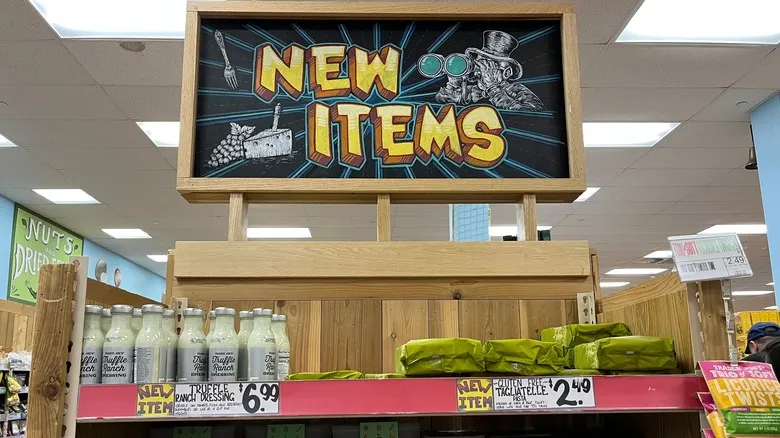Why the seasoning blend's poppy seeds probably aren't a problem
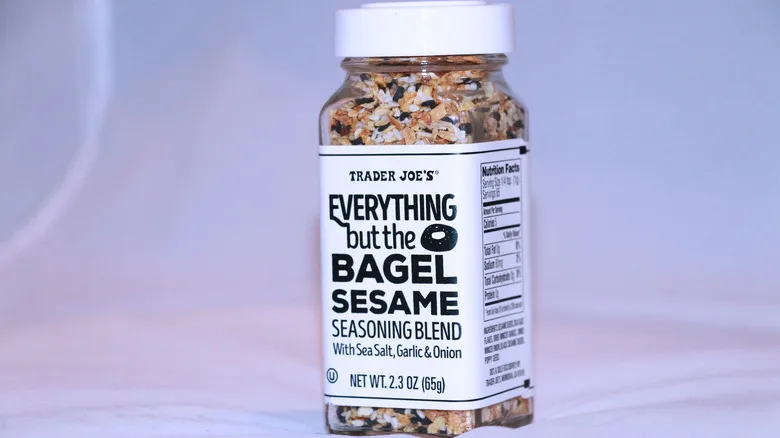
The ban seems to be particularly enforced at Incheon Airport in Seoul, and the reasons behind authorities targeting the Trader Joe's product remain unclear. It is likely due to the seasoning mix's surge in popularity in recent years, having been endorsed by influencers and food magazines as a topping for a variety of dishes, from instant ramen to avocado toast.
In general, poppy seeds are safe for consumption. While poppies are involved in the production of opiates, including both prescription and illegal drugs like codeine, morphine, and heroin, the seeds themselves do not contain any of these potentially harmful opium alkaloids. The U.S. Drug Enforcement Administration notes that opiates from other parts of the plant may occasionally be found on the seeds, but poppy seeds intended for food are usually washed. To be classified as food grade, they typically must undergo this washing process. Although it is not explicitly stated whether Trader Joe's everything bagel seasoning contains washed poppy seeds, it is reasonable to assume that it does, as this is standard practice in the food industry.
The small issues with poppy seeds
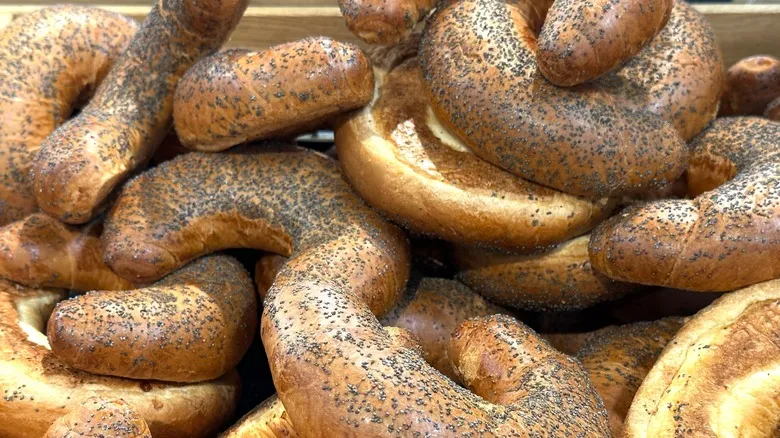
In the unlikely scenario that Trader Joe's mix contains unwashed seeds with traces of opiates, it likely wouldn't pose a significant concern due to the minimal amount of poppy seeds you would consume. For perspective, unwashed poppy seeds can be used to brew a tea with mild sedative effects, but achieving even a slight buzz requires a substantial quantity of seeds. To prepare approximately a quarter gallon of this steeped drink, you would need over 4 pounds of unwashed seeds. In comparison, making six poppy seed bagels only requires about a tablespoon of seeds, which amounts to roughly 9 grams (a batch of everything bagels would use even fewer seeds). Scientific studies generally indicate that one would need to ingest excessively large quantities to experience any narcotic effects, according to The German Federal Institute for Risk Assessment.
However, it's important to note that poppy seeds can lead to positive results for opiates on sensitive drug tests. Consequently, in 2023, the U.S. Department of Defense advised military personnel to avoid poppy seeds if they might be subject to drug testing. This was recognized as a precautionary measure, and there was no official ban on consuming them. Ultimately, the likelihood of experiencing a high from eating poppy seeds is very low; in fact, as noted by WebMD, you are more likely to suffer from digestive discomfort if you overindulge in them.
Recommended
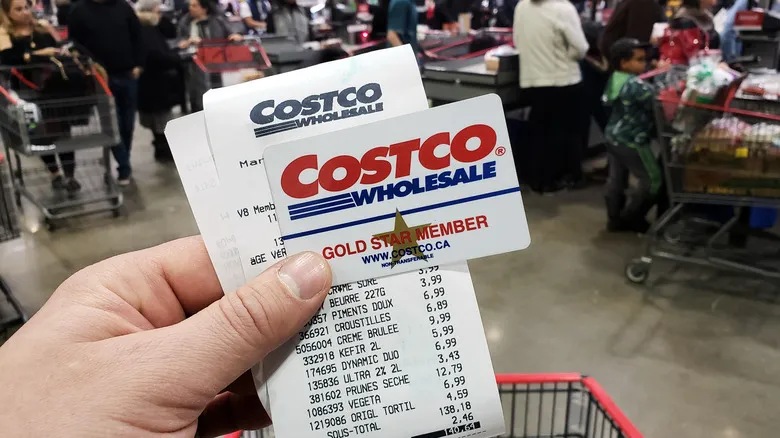
13 Mistakes Everyone Makes While Shopping At Costco
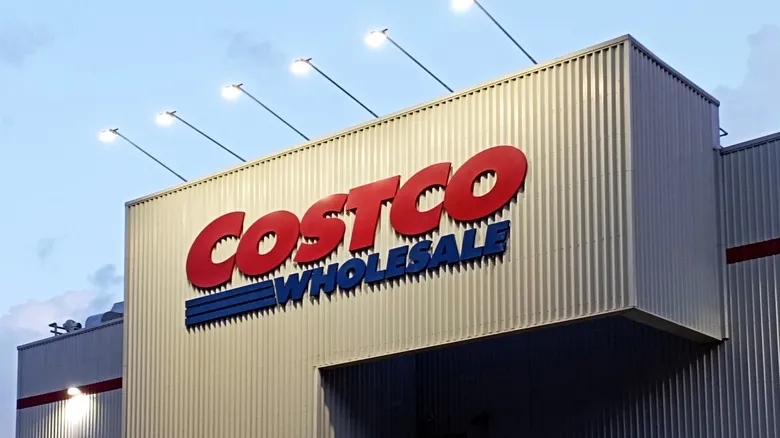
Hacks That Will Have You Saving Money When You Shop At Costco

The Strange Question Of Ownership Behind Trader Joe's And Aldi

The Trader Joe's Staple That Will Transform Your Flatbreads
Next up

